PV-Optimierung des Eigenverbrauch mit dem Watt Analytics IoT Hub
Das Watt Analytics System mit dem Watt Analytics IoT Hub ist eine intelligente 360° Komplettlösung zur Optimierung Ihrer Photovoltaikanlage. Durch proaktive Steuerung Ihrer Geräte oder Anlagen können Sie mehr Eigenstrom aus Ihrer PV-Anlage nutzen.
Die Besonderheit der Technologie ist, dass Sie nicht, wie bei vielen herkömmlichen Energiemanagement-Systemen, mehrere Apps und Schnittstellen benötigen. Ausgehend von nur einer App können Sie alle Geräte unkompliziert über die Watt Analytics Mobile-App oder Web-Applikation steuern.
In der Praxis deckt sich der Zeitpunkt der Stromnutzung kaum mit dem Zeitpunkt der Erzeugung von Solarenergie Ihrer PV-Anlage. Überschüssiger, selbst produzierter Solarstrom wird zu einem sehr niedrigen Preis an den Netzbetreiber abgegeben (in der Regel zwischen 0,1 Cent und 0,3 Cent pro kWh), während im Bedarfsfall teurer Netzstrom zugekauft werden muss, wenn die PV-Anlage gerade keinen Strom oder zu wenig Solarstrom erzeugt. Netzstrom kaufen Sie dabei etwa zum dreifachen Preis. Warum also nicht dann mehr Strom verbrauchen, wenn die Photovoltaikanlage gerade Strom erzeugt und Strom bei Nacht oder Schlechtwetter sparen?
Die auf maschinellem Lernen basierende Watt Analytics Software informiert Sie, wann der beste Zeitpunkt ist, Eigenstrom aus der PV-Anlage zu beziehen. Entsprechend dieser Empfehlungen können Sie Ihren Eigenverbrauch steuern, den Verbrauch von teurem Netzstrom und somit Ihre Stromkosten senken und gleichzeitig Ihre Energieunabhängigkeit erhöhen.
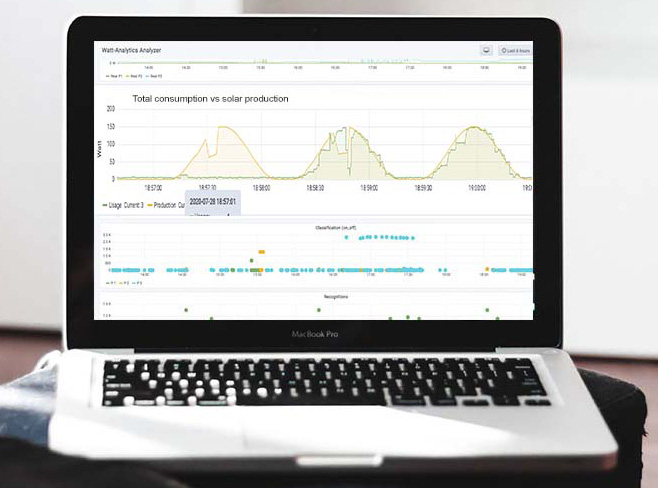
Eigenverbrauch erhöhen mit der Kombination aus Gerätesteuerung und PV-Stromspeicher
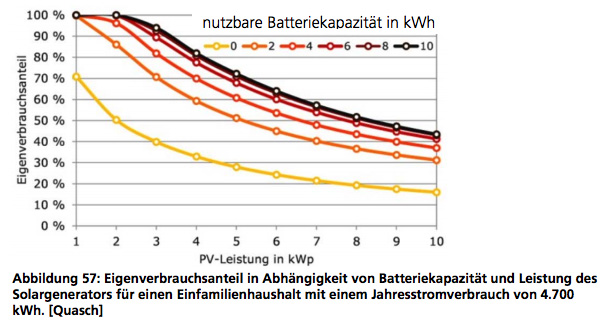
Durchschnittlich beträgt der Eigenverbrauchsanteil eines Einfamilienhaushalts zwischen 25 % und 30 %. Kombinieren Sie die Gerätesteuerung mit dem Einsatz von PV-Stromspeichern, so lässt sich der Eigenverbrauch signifikant erhöhen, häufig verdoppeln.
Dies veranschaulicht das Anwendungsbeispiel auf dieser Grafik (Quelle: Fraunhofer Institut, 2020). Bei einem Einfamilienhaus mit einem Jahresstromverbrauch von 4.700 kWh und einer durchschnittlichen PV-Leistung von 5 kWp beträgt der Eigenverbrauchsanteil im Schnitt 20 % bis 40 %. Mit dem Einsatz von PV-Stromspeichern kann der Eigenverbrauchsanteil um 20 % bis 40 % erhöht werden. In Kombination mit der Watt Analytics Gerätesteuerung kann ein Anteil von 50 % bis 70 % erreicht werden. Dabei greift das Watt Analytics System auf Ihre Verbrauchsdaten zurück und ist in der Lage, Ihnen die Information zu geben, welche Batteriekapazität Ihnen den besten Return on Investment (ROI) bringt.
Typische Einsatzgebiete der Watt Analytics PV Optimierung
Gerätesteuerung:
Die Gerätesteuerung erfolgt durch den Watt Analytics IoT Hub, der mit Plugs und Relays oder mit der Integration einer Smart Home Anlage, wie z. B. Loxone, verbunden ist.
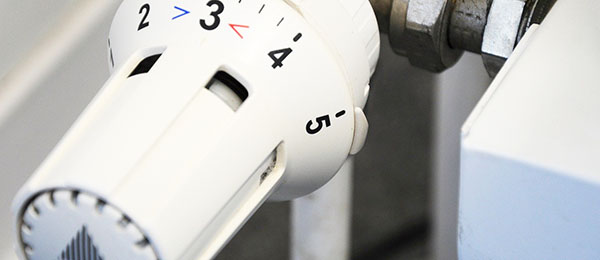
Steuern Sie voll- oder halbautomatisiert Geräte zur Heizung und Kühlung, wie elektrische Heizung, Wärmepumpe oder Klimaanlage, sodass diese Geräte dann aktiv werden, wenn PV-Strom verfügbar ist.
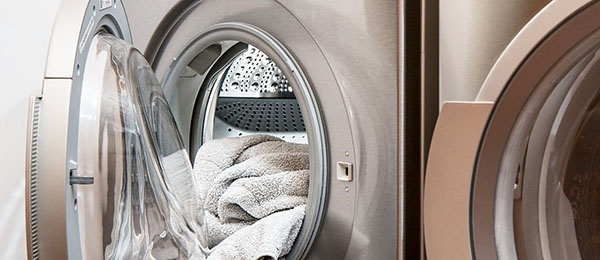
Geschirrspüler, Wäschetrockner oder Waschmaschinen können so gesteuert werden, dass ein vorprogrammiertes Programm gestartet wird, wenn PV-Strom zur Verfügung steht.

Erhalten Sie vollautomatisierte Steuerungsbefehle für Ihren Warmwasserspeicher. Dieser kann z. B. mit PV-Strom auf 80 Grad aufgeheizt werden, wobei das Watt Analytics System dafür sorgt, dass die Temperatur auf mindestens 60 Grad gehalten wird.
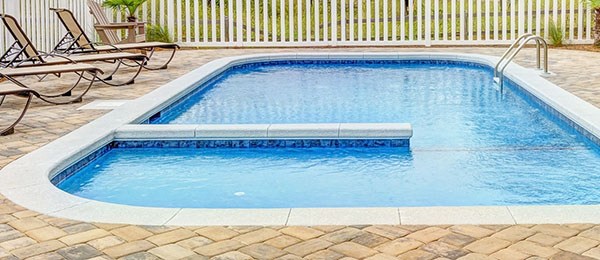
Lassen Sie das Watt Analytics System Ihre Schwimmbadheizung oder Umwälzpumpe automatisch einschalten, wenn gerade Solarstrom produziert wird oder eine Mindestanzahl an Stunden pro Tag erreicht werden muss.
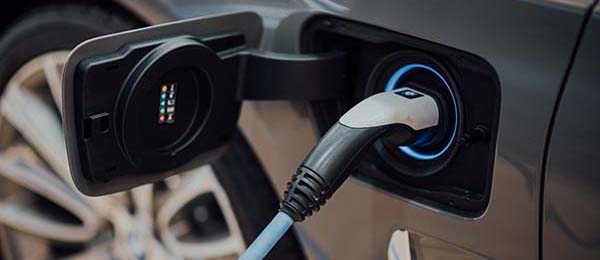
Laden Sie Ihr Elektrofahrzeug mit überschüssigem Solarstrom, eben gerade dann, wenn die Photovoltaikanlage Strom produziert.
Weitere Einsatzgebiete:
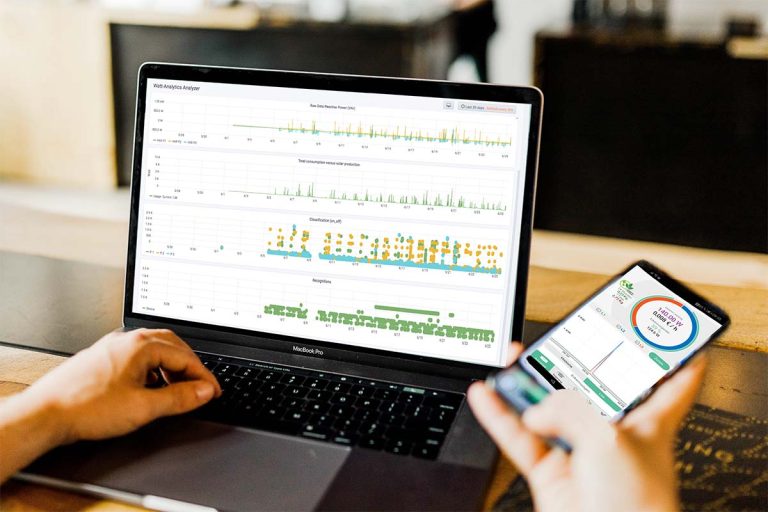
- Steuerung proaktiver Schaltvorgänge (Ein- und Ausschalten von Geräten) über Plugs und Relays zur Fernsteuerung (z. B. Fernsteuerung der Heizung des Wochenendhauses oder Zweitwohnsitzes)
- Finden durch Echtzeit-Simulation die richtige Dimensionierung Ihrer PV-Anlage.
- Eruieren der wirtschaftlich sinnvollen Grenzen für den Einsatz von Speichermedien (Batterien)
- Steuerung des Gerätezugriffes zur Kindersicherung (z. B. für Backrohr, Herd, Heizung, E-Ladestation, …)
Die Watt Analytics Technologie und Ihre Komponenten
Das iWattMeter Strommessgerät, der Watt Analytics IoT Hub, Analysesoftware sowie Steuerungs-Relays und Plugs sind die Komponenten des Watt Analytics Energiemanagement-Systems zur Optimierung Ihrer Photovoltaikanlage. Der IoT Hub ist dabei der Steuerungscomputer und generiert entsprechende Befehle zur Gerätesteuerung. Mithilfe der auf Machine Learning basierenden Watt Analytics Software ist das System in der Lage, laufend zu lernen und sich selbst zu verbessern.
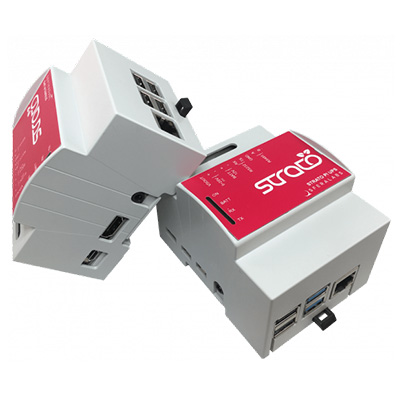
Der Watt Analytics IoT Hub
- Modell: Strato Pi Base 3B+
- Integration: LAN, WiFi, RS485
- Features: RasPi 3B+, 16 GB
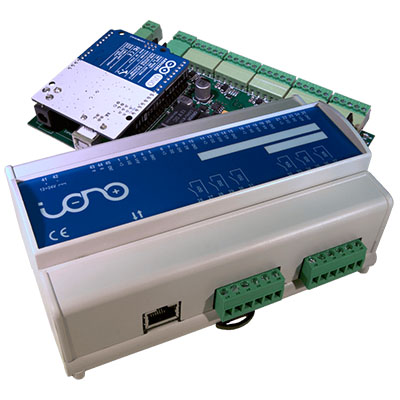
Iono Arduino Uno oder WiFi
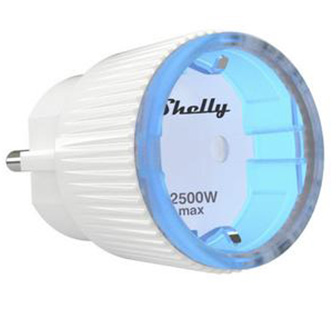
Shelly Plug S
Shelly Plug S ist ein intelligenter und kompakter Zwischenstecker und sehr einfach in der Montage. Er kann für Verbraucher eingesetzt werden, die an einer Steckdose angeschlossen sind und Leistungen bis 10 Ampere schalten. Die Integration erfolgt via WiFi.
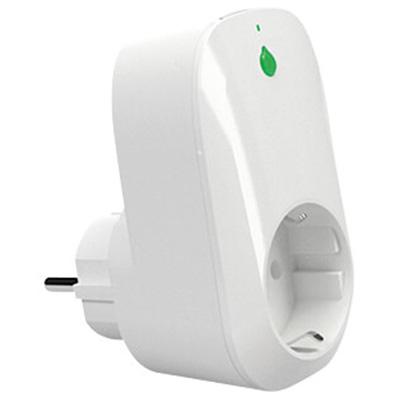
Shelly Plug
Der Shelly Plug verfügt grundsätzlich über dieselben Funktionen wie der Shelly Plug S und unterscheidet sich in der schaltbaren Leistung. Dieser intelligente Zwischenstecker wird für Verbraucher eingesetzt, die an einer Steckdose angeschlossen sind und kann Leistungen bis 16 Ampere schalten.
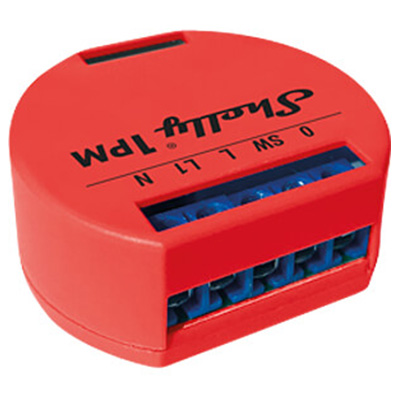
Shelly 1PM
Der Shelly 1PM wird für Verbraucher bis 16 Ampere genutzt, die an einer Wandsteckdose angeschlossen sind. Die Bauform ist so klein, dass der Shelly 1PM in die Steckdose verbaut werden kann. Er kann auch im Sicherungskasten montiert werden, sofern ein Verbraucher eine direkte Zuleitung aus dem Sicherungskasten hat.
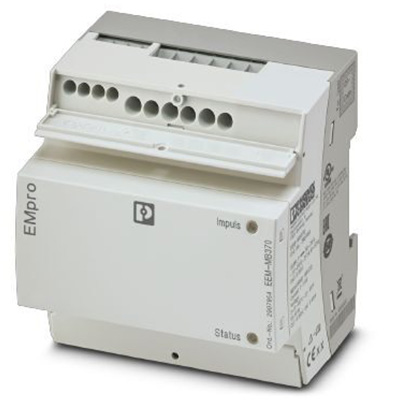
Phoenix EEM
Der Phoenix EEM ist ein hochauflösender iWattMeter für große Lasten. Er bietet im Gegensatz zum iWattMeter eine Abtastrate von 10 Hertz und unterstützt Lasten von 50 bis 1500 Ampere und 690 Volt. Der Phoenix EEM wird über Ethernet mit dem IoT Hub verbunden.
- Modell: EEM-MB370 -2907954 (TBC)
- Integration: LAN, ModBus/TCP
- Features: 10 Hz Leistungsmessung, 0,2 % Genauigkeit, 690 V, 3 Phasen